|
Anxiety and stress in teens is an epidemic, and has been well-documented. A 2014 survey revealed that 83% of teens reported school-related stress. Now with COVID-19, increases in gun-violence and racial tensions, the numbers are likely to be even higher. Are there some things that teachers can do to play a role in their student’s mental wellbeing? This article will point to several strategies that can and will make a difference.
Firstly, as parents and teachers, it is important to take a look at our own fears around Covid-19 and school....
0 Comments
At a time when anxiety and depression are rampant in our youngsters, helping them to understand their feelings can go a long way to relieving these debilitating problems.
Children do need to be allowed to feel their feelings and we can help our children to labeltheir feelings. However, we help them to understand where their feelings are coming from when we don’t validate them. In other words, it is OK for my child to feel angry when his best friend breaks his toy, but it’s best not to agree that the anger was because his friend broke his toy. We are never upset for the reason we think. Wow, I’m rapidly approaching the finish line with my book. In fact, the proof copy will have arrived by the time you read this! There are still a few glitches that will need straightening out, but we’re nearly there. My team has been amazing getting the editing, cover, interior layout and e-book conversion done so quickly. What a long process this has been!
In the previous posts, I have established that we all grow up with barriers to love that can be removed when we tackle our negative beliefs. In this week’s post, I’ll explain give some strategies for helping your children to own their Inherent Worth so that they can receive the love that you offer.
A child who has a strong belief that he is not good enough, bad, unworthy or any other belief, will find it impossible to let love in. That child will think, consciously or unconsciously “If only you knew how bad, unworthy, unlovable (fill in the blanks) I am, you would not choose to love me. You have to say you love me because you are my parent, but I can’t believe it.” This is the subconscious thinking of any child who has a strong negative belief about themselves. We may not be able to tell what that belief is, so the antidote to all negative beliefs is to own our Inherent Worth. We cannot be Inherently Worthy and unlovable or worthless at the same time. Therefore, it is imperative that parents spend some time helping their children to tune into their Inherent Worth. Unconditional Love: A Parent’s Guide Part Five: Love Yourself to be Able to Love Your Children6/5/2018 "I don't trust people who don't love themselves and tell me, 'I love you.' ... There is an African saying which is: Be careful when a naked person offers you a shirt."
~ Maya Angelou You can’t give something you don’t have! In order for any parent to be able to extend love unconditionally that parent must first love themselves. It is not possible for someone to love another fully without loving themselves. You can only really love your children if you love yourself. At one of my recent talks on Unconditional Love, a mother told me that her young daughter had asked her “Mommy, who do you love the most – me or you?”. That mother had a difficult time answering her. She said “I love you to the moon and back, but if I didn’t love myself I wouldn’t be able to love you, so I love me just as much!”. That’s such a beautiful, but uncommon sentiment. In Part Three we established that negative or limiting beliefs block love. In this section, I will show you how to find and fix negative beliefs using the Choose Again Six-Step Process (Diederik Wolsak). The method is applied to any upset however small, because these upsets reveal to us the feelings that we replay the most. These feelings are chosen by our beliefs. By following our familiar feelings we can retrieve early childhood memories in which we can discover the genesis of our beliefs and we can begin to transform them.
In order to learn to love unconditionally, you first need to discover the barriers that you have to giving love, and the barriers that your children or partners have to receiving it. The negative beliefs that you carry, often subconsciously, prevent you from having the loving relationships you want to have. I’ll show you how negative beliefs get started and strengthened, and how they block love.
In last week’s blog, I suggested that you take a quick quiz to determine where you are on the loving / fearful parenting spectrum. You may have been surprised to learn that fear plays a role in your parenting style. This week’s blog will explore the importance of learning to love unconditionally. I was able to learn so you can too!
By Anne Andrew PhD
Children develop negative beliefs about themselves between birth and age 6 or 7, which unchecked can lead to negative behaviors such as addiction, bullying and depression. These negative beliefs make up the person they think they are. How do negative beliefs get started? When I was four or five, I was on a summer holiday on the coast, with my mom and dad and my brother. This particular day, we were taken to the dock where there was a great big wooden galleon. I could hardly believe my luck that we were going to go on board and sail away! I held tightly onto my mom’s hand as we climbed the steep gangplank and the sailor at the top helped me jump down onto the deck. When all the passengers had assembled, the captain told us, “Welcome to the Hispaniola! We’ll be heading to Treasure Island, where there are gold coins buried somewhere beneath the sand.” |
Author I know firsthand the emotional and financial costs of having a troubled teenager and I don’t want that to happen to you. That's why I wrote my book What They Don't Teach in Prenatal Class: The Key to Raising Trouble-Free Kids and Teens (available on Amazon). Archives
April 2022
Categories
All
|
get in touch
Email: [email protected] Tel: (1) 604 720 2776
Sign Up to my newsletter
Get information and articles about how to raise happy, mentally-healthy, and addiction-free kids!

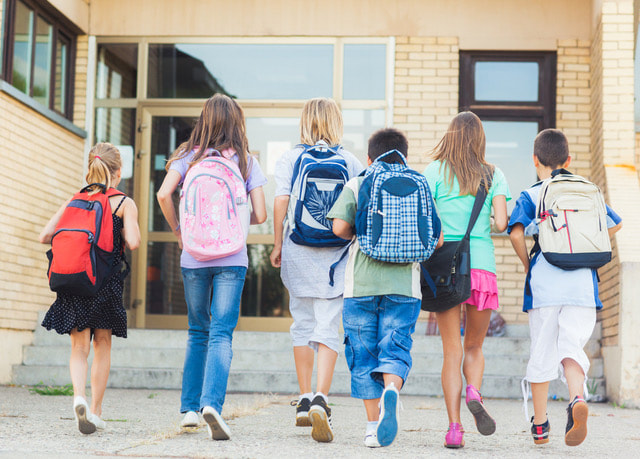
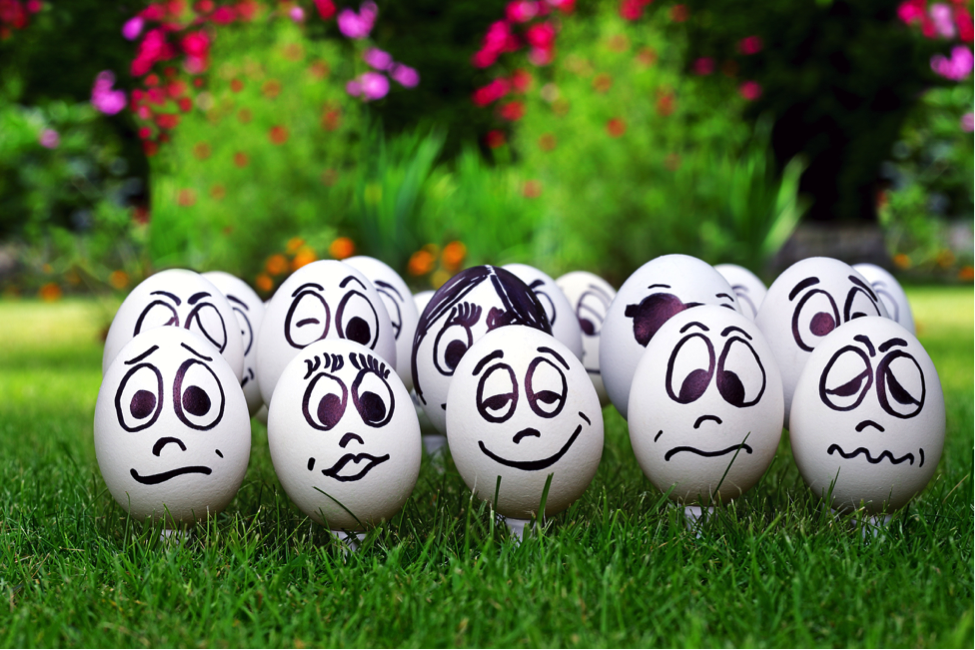
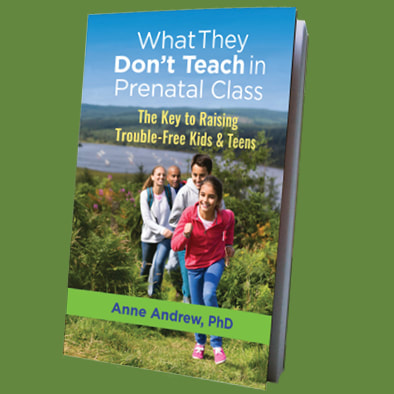
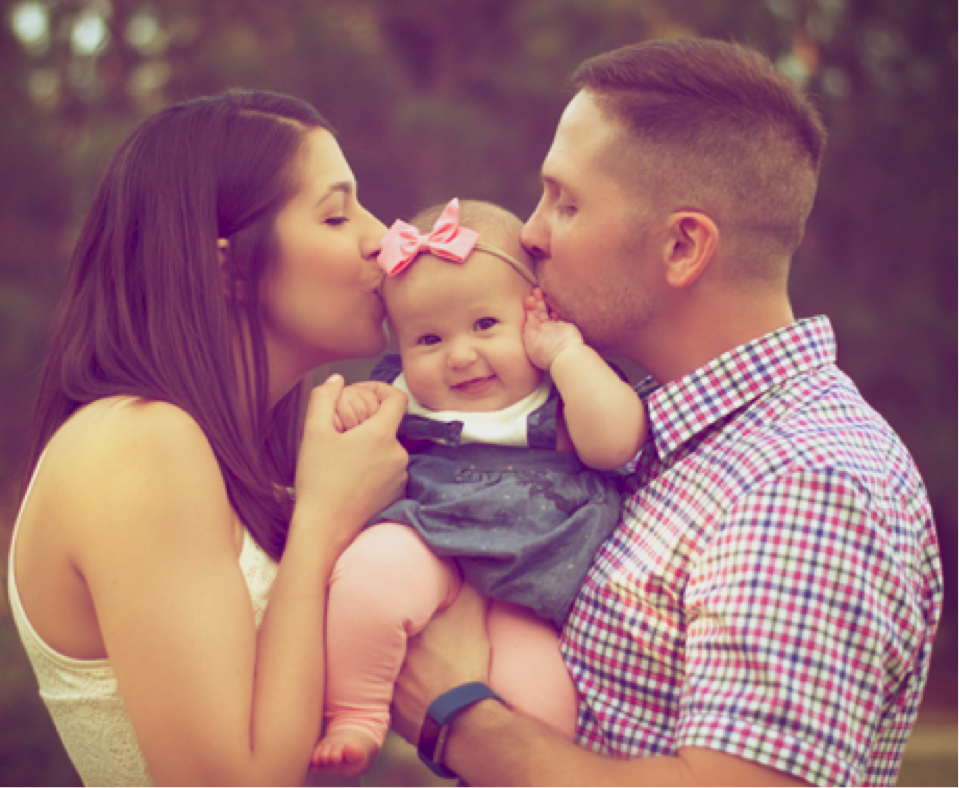

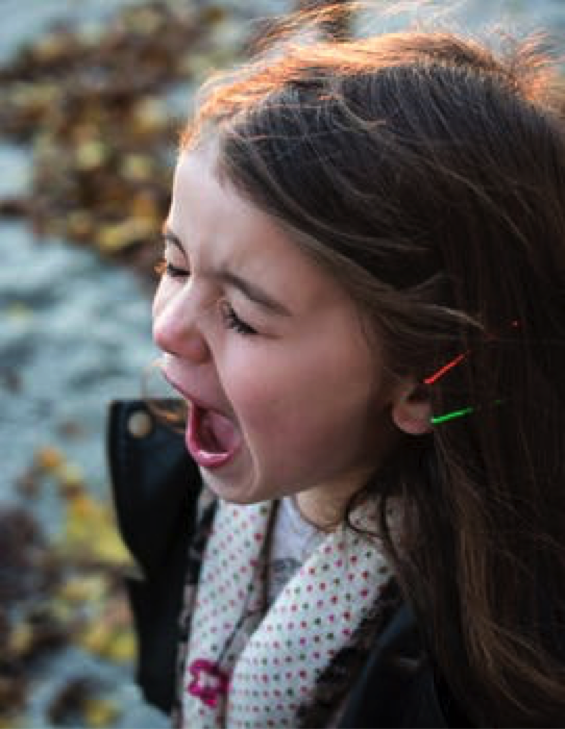
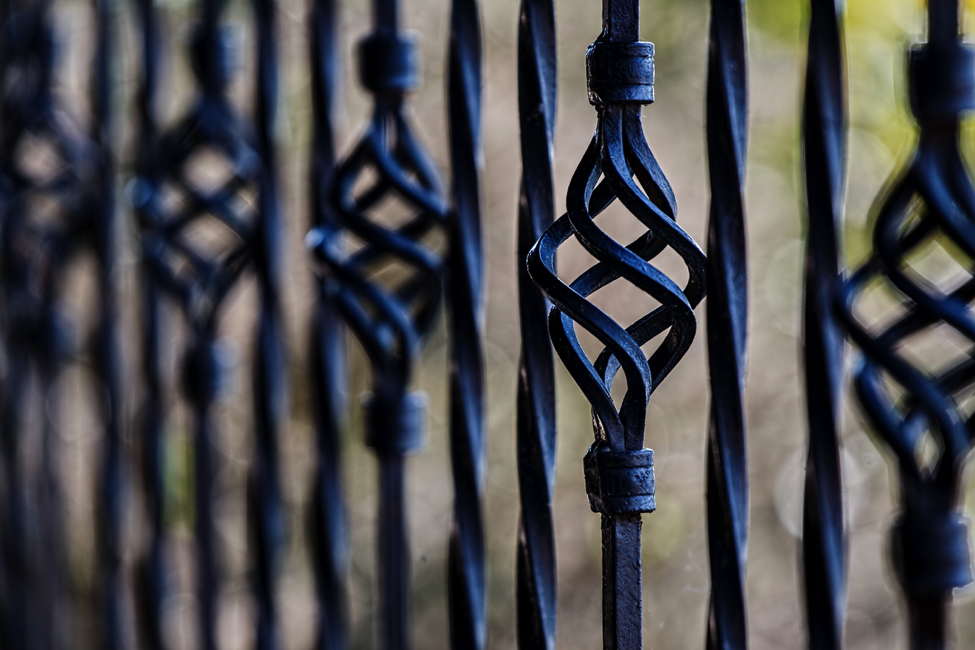
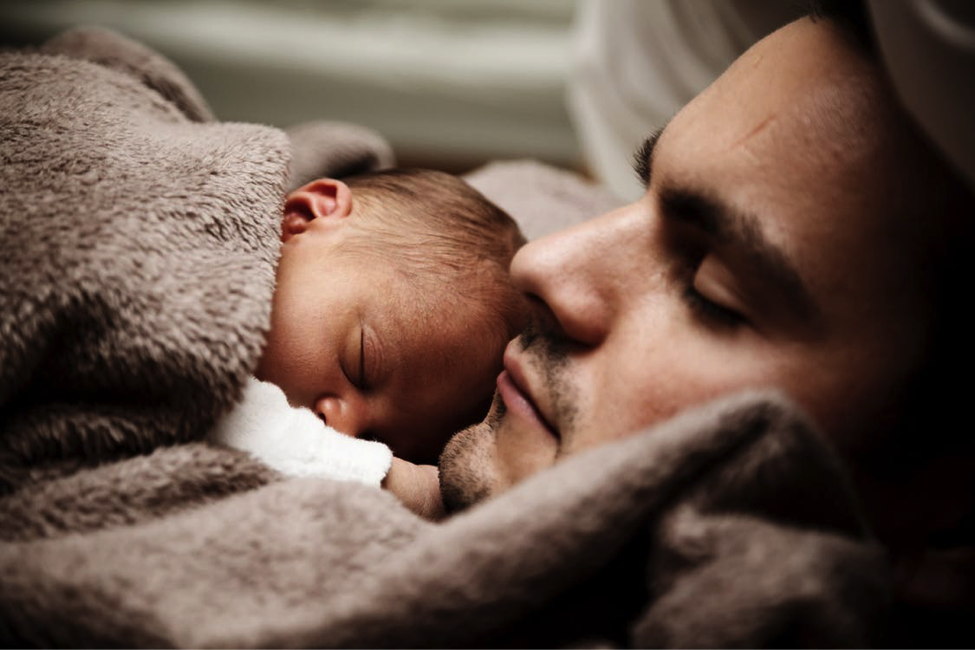
 RSS Feed
RSS Feed